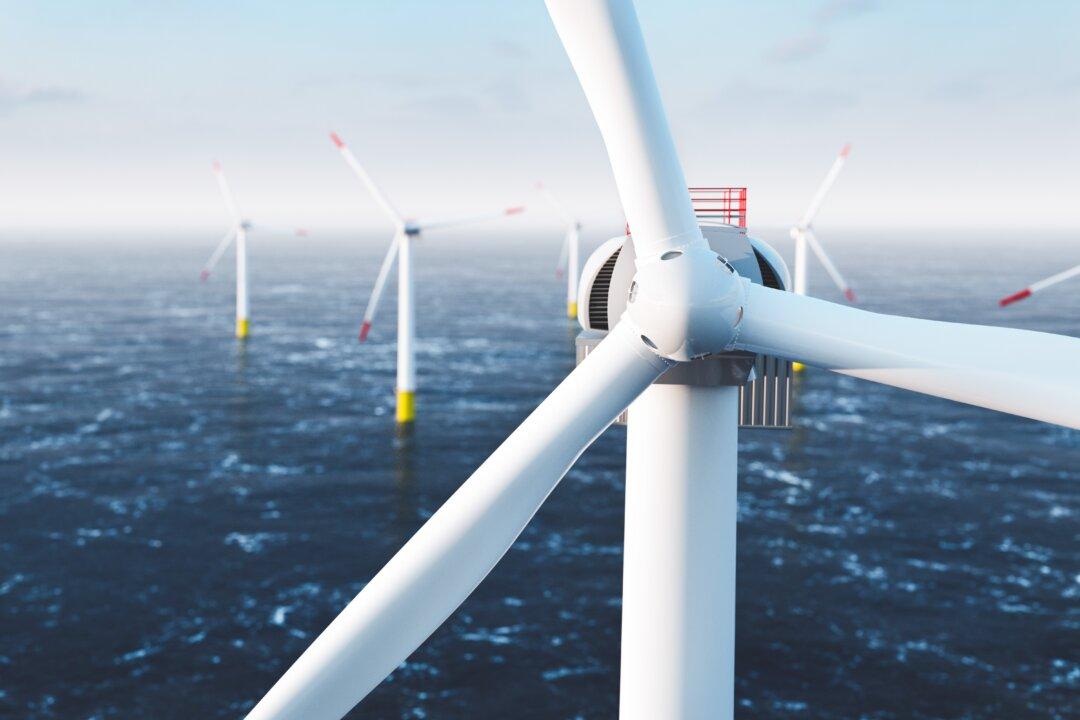A critical letter from a fisheries expert in May 2022 raised serious red flags about the siting of offshore wind turbines in southern New England waters.
Authored by the National Oceanic and Atmospheric Administration (NOAA) Fisheries’ Chief of Protected Species Dr. Sean Hayes, the letter revealed the risks that offshore wind farms pose to the marine environment, emphasizing the threat to highly endangered right whales.





